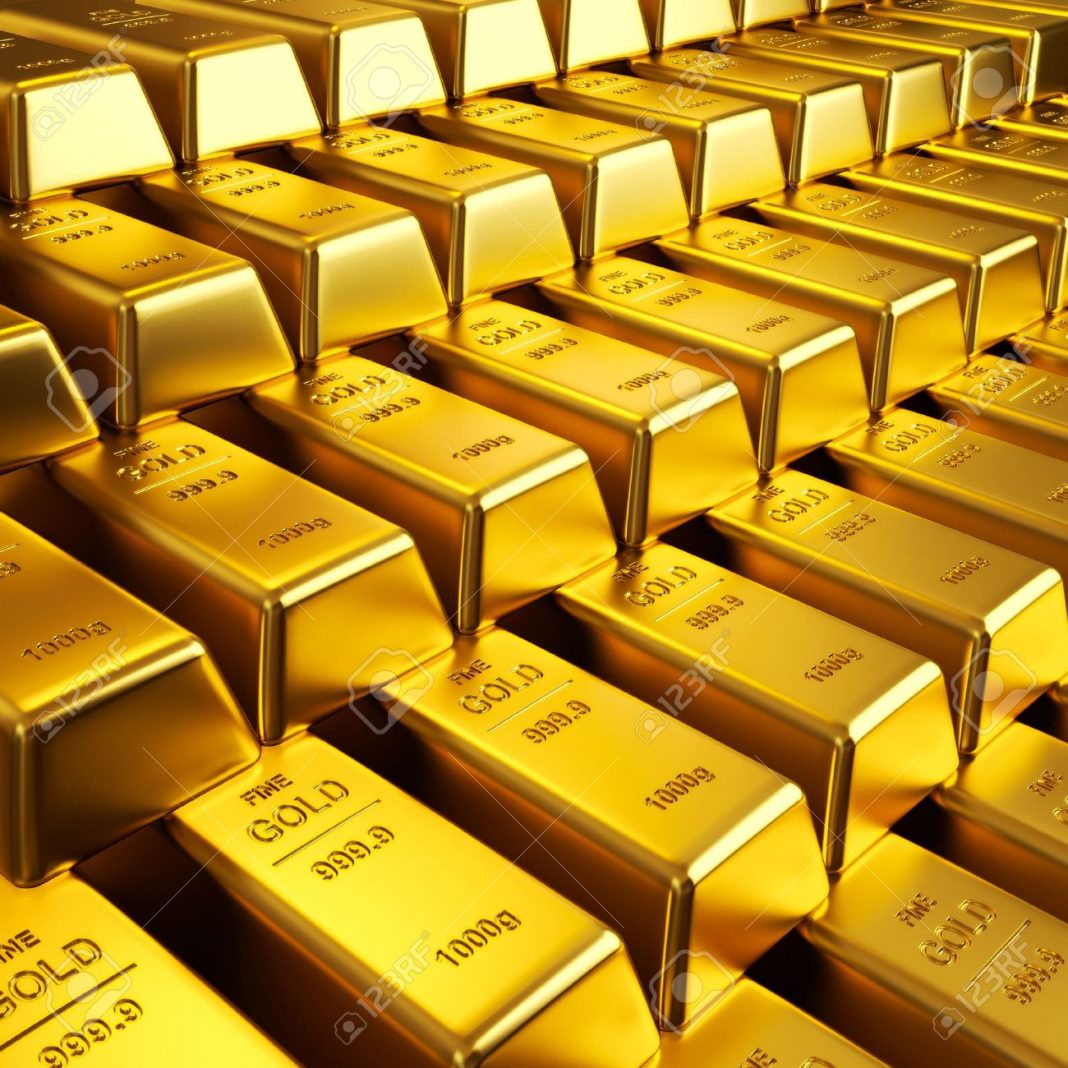How to Save Lebanon From Financial Ruin and Starvation
James Rickards/The National Interest/January 15/2021
جيمس ريكردز/ناشيونال انترست: كيف يمكن تخليص لبنان من الدمار الإقتصادي والجوع
A new, gold-backed bank coupled with reforms could save the economy and prevent a new civil war.
Lebanon is in crisis. It is now home to 1.6 million Syrian and Palestinian refugees and their descendants. The government is democratic but barely functions as numerous political parties, mostly divided along religious and sectarian lines, struggle to install a prime minister and cabinet.
Hezbollah, the Iran-backed terrorist group, is one of the largest parties in parliament, and it maintains an army larger than the Lebanese Armed Forces. Beirut is still reeling from an August 2020 explosion at its port that left over 200 dead.
To make matters worse, the country is now experiencing a deep and systemic financial crisis. The banking system, central bank, and currency reserves have all collapsed.
Banks insist that dollar-denominated deposits are good money, but they have no dollars to back those claims. The central bank continues to operate but lacks dollars to meet promises to the country’s commercial banks.
Lebanon has defaulted on over $42 billion of principal and interest on dollar-denominated eurobonds. Its currency, the lira, has crashed from an official rate of about L1,500 to $1 to a black-market rate of L9,000. Central bank currency reserves are near zero.
In a report I authored for the nonpartisan think tank Foundation for Defense of Democracies earlier this year, I estimated the cost of a bailout of the Lebanese financial system to be approximately $100 billion. That figure is academic, since no bailout of that magnitude is possible in a world hard-pressed by the coronavirus and economic distress.
New money allocated to Lebanon for a bailout or rescue would be gobbled up by corrupt politicians or siphoned off by elites.
Lebanon is beyond hope in terms of the tried-and-true rescue playbook used by the International Monetary Fund (IMF). In short, Lebanon is broke.
This financial collapse will not be confined to the financial system, unfortunately. Lebanon has few sources of direct foreign investment, negligible exports, and a moribund tourism sector. When reserves are depleted, which could happen soon, the country will be unable to pay for food. Indeed, Lebanon is facing a humanitarian crisis potentially worse than the slaughter of civilians in the Syrian civil war or the 1994 Rwandan genocide. Six million people are now under the threat of starvation.
A global humanitarian rescue will be needed. But it will be fraught with challenges. It will likely be conducted in a political power vacuum, which may be filled by sectarian warlords, Iranian proxies, and perhaps even intervention from Syrian, Russian, or Israeli forces. In a worst-case scenario, civilians will be caught in the crossfire of a new Lebanese civil war.
Fortunately, there is a solution to Lebanon’s financial woes that can forestall the humanitarian crisis. Lebanon has one remaining monetary asset: gold. Lebanon has over 285 metric tonnes of gold bullion, worth $78 billion at current prices. Lebanon could form a new bank under United Kingdom law, capitalized with $10 billion of its gold to be held in custody at the Bank of England to reassure investors. An additional $10 billion could be raised as preferred stock, secured by the gold. With a $20 billion capital base, up to $100 billion could be raised through senior notes and deposits.
This new bank should displace the irredeemably corrupt Lebanese central bank. Its board would include global financial elites and Lebanese professionals untainted by the crisis. The lira would be devalued to L10,000 to $1 and fixed at that rate using a currency board similar to that of Hong Kong. Existing banks would convert dollar deposits to local currency deposits. Letters of credit could support food and energy imports. The devalued currency would provide a foundation for the growth of the export sector.
Given their woeful balance sheets, most of Lebanon’s local banks would need to be liquidated. Their deposits and good assets would be transferred to a few surviving banks that would serve Lebanon’s banking needs. Receipt of liquidity from the new bank would be dependent on transparency, an end to terrorism finance, and bank governance based on best practices.
If done right, the reform of the Lebanese financial system would open the door to rescue funds from the IMF and a consortium of lenders. The financial crisis would be mitigated, even as the existing financial sector closed its doors. The winners would be the Lebanese people and regional stability. The losers would be Hezbollah and corrupt elites.
The gold-backed bank is feasible. The alternative is humanitarian disaster, civil war, and military intervention. The time to act is now.
*James Rickards is an advisor to the Center on Economic and Financial Power at the Foundation for Defense of Democracies and is the author of the forthcoming book The New Great Depression from Portfolio. Follow him on Twitter @JamesGRickards. FDD is a nonpartisan think tank focused on foreign policy and national security issues.






















